2 November 2021
The Malaghan Institute’s Dr Kerry Hilligan has been awarded the prestigious Rutherford Foundation Postdoctoral Fellowship from the Royal Society Te Apārangi to conduct research on how exposure to different germs impacts the likelihood of developing allergies and autoimmune diseases.

The project will explore how different microbes prime our immune system to recognise and effectively respond to threats, while limiting the development of allergic disease and autoimmune disorders. Dr Kerry Hilligan will investigate innate immune cells such as dendritic cells and long-lived macrophages to establish how infection alters their function and the specific cellular pathways that are involved in this process.
“I hope to uncover some of the critical interactions between microbes and our immune system that educate immune cells to respond optimally when confronted with dangerous infectious diseases. I also want to be able to prevent inappropriate immune responses such as those associated with allergy and autoimmunity.” says Dr Hilligan.
As our societies become more urbanised and hygienic, we are exposed to fewer disease-causing microbes. Simultaneously, the rates of allergies and autoimmune diseases in developed countries, including New Zealand, are increasing. Dr Hilligan’s research will investigate if there is a connection between these two phenomena.
“Kerry’s work may lead to a fresh perspective in our understanding of the immune system and the increased incidence of chronic inflammatory conditions such as allergies and gut inflammation” says Professor Franca Ronchese, who leads the immune cell biology programme at the Malaghan Institute.
After conducting her PhD with Professor Ronchese, Dr Hilligan travelled to the United States to collaborate with the National Institutes of Health. Over the last three years, she has been researching how to best prepare immune cells in the lung to respond to infectious diseases including COVID-19 and tuberculosis. Dr Hilligan will start her Rutherford fellowship at the Malaghan Institute next year.
“It is a huge honour to be awarded a Rutherford Postdoctoral Fellowship” says Dr Hilligan. “It will enable me to return to Aotearoa from the United States and to establish a new research programme to understand which microbe-immune interactions are beneficial for supporting a healthy and balanced immune system.”
The Rutherford Foundation Postdoctoral Fellowship is an award given to New Zealand’s brightest and most promising researchers across all research disciplines.
“I am delighted to see Kerry’s excellence recognised with a prestigious Rutherford Fellowship, it will be a great support as she establishes her career in New Zealand” says Professor Ronchese.
Related articles
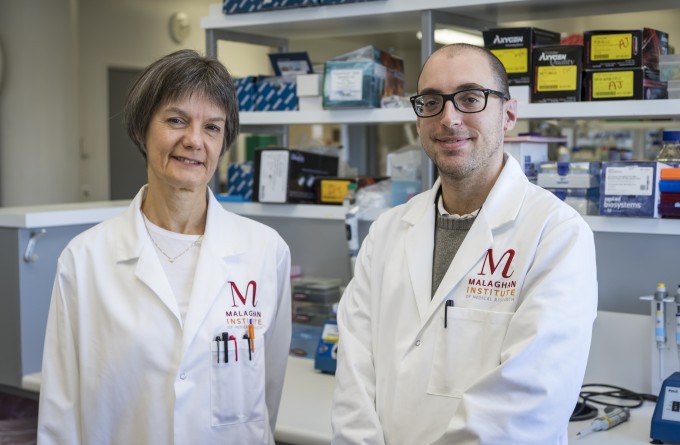
Tracking allergies to their source: new research offers insight into mechanisms priming the allergic response
2 July 2025
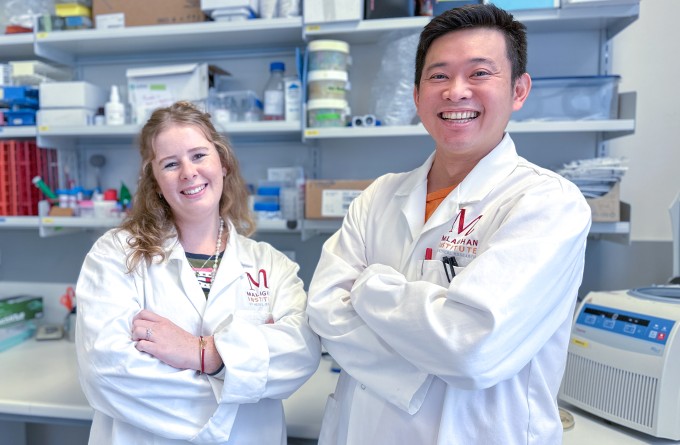
Research sheds new light on the allergic response – and how to disrupt it
5 June 2025

Dr Michelle Linterman: Asking the age-old question
30 April 2025
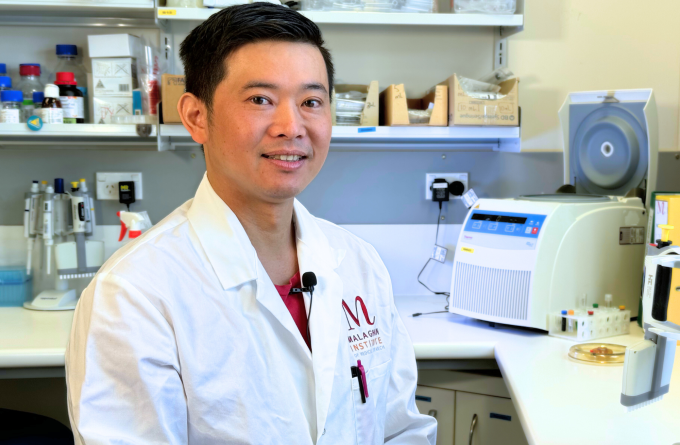
Fighting allergic skin disease at its root
17 December 2024
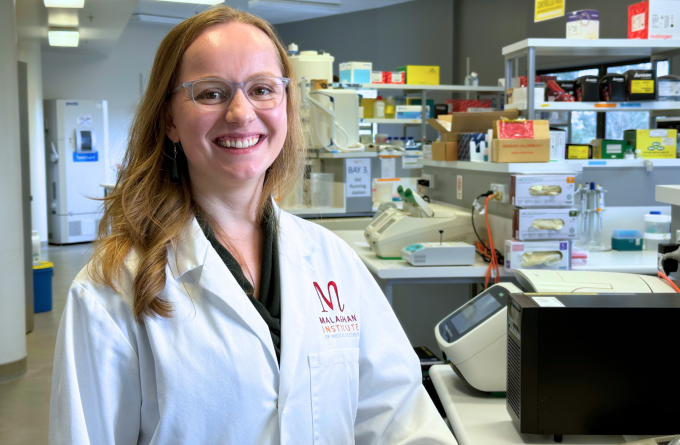
Fever: too hot to handle or the body's first line of defence?
22 August 2024
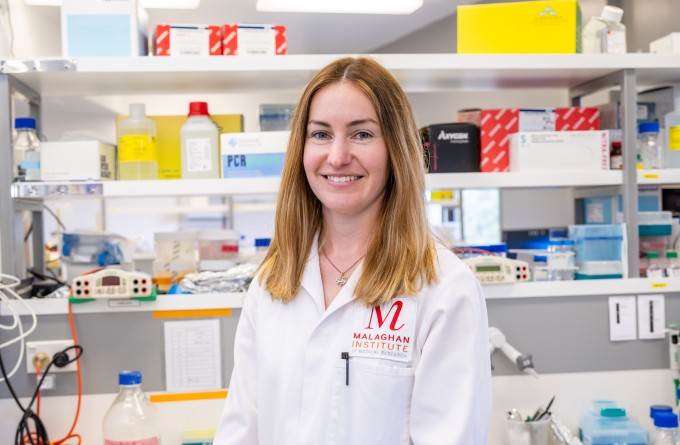
New research deepening understanding of elusive eosinophils
27 June 2024
